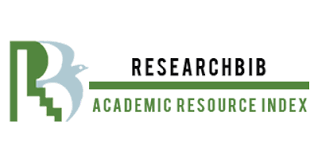MUTATIONS: DEFINITION, CAUSES, TYPES, BENEFITS AND DISADVANTAGES OF MUTATIONS
Keywords:
Mutation, DNA, cell, evolution, genotype, environment, human.Abstract
Mutations play a crucial role in driving evolution and were previously thought to occur randomly, gradually, and uniformly throughout genomes, independent of environmental factors. However, recent discoveries of molecular mechanisms of mutation in bacteria have challenged this perspective. These mechanisms, which have been observed across various organisms, indicate that mutagenesis is highly regulated. It is up-regulated during times of stress and activated when cells or organisms are poorly adapted to their environments, potentially speeding up the process of adaptation. Mutation is defined as a modification in the amount and structure of DNA within a cell or organism, resulting in a change in the genotype. Importantly, this altered genotype can be inherited by future generations of cells through processes such as mitosis or meiosis.
References
https://www.nature.com/scitable/topicpage/genetic-mutation-1127/ Genetic Mutation
https://journals.plos.org/plosgenetics/article?id=10.1371/journal.pgen.1007995
https://metrics-lab.github.io/2020/05/24/mutations-and-polymorphisms.html Genetics Part III: Mutations & Polymorphisms







